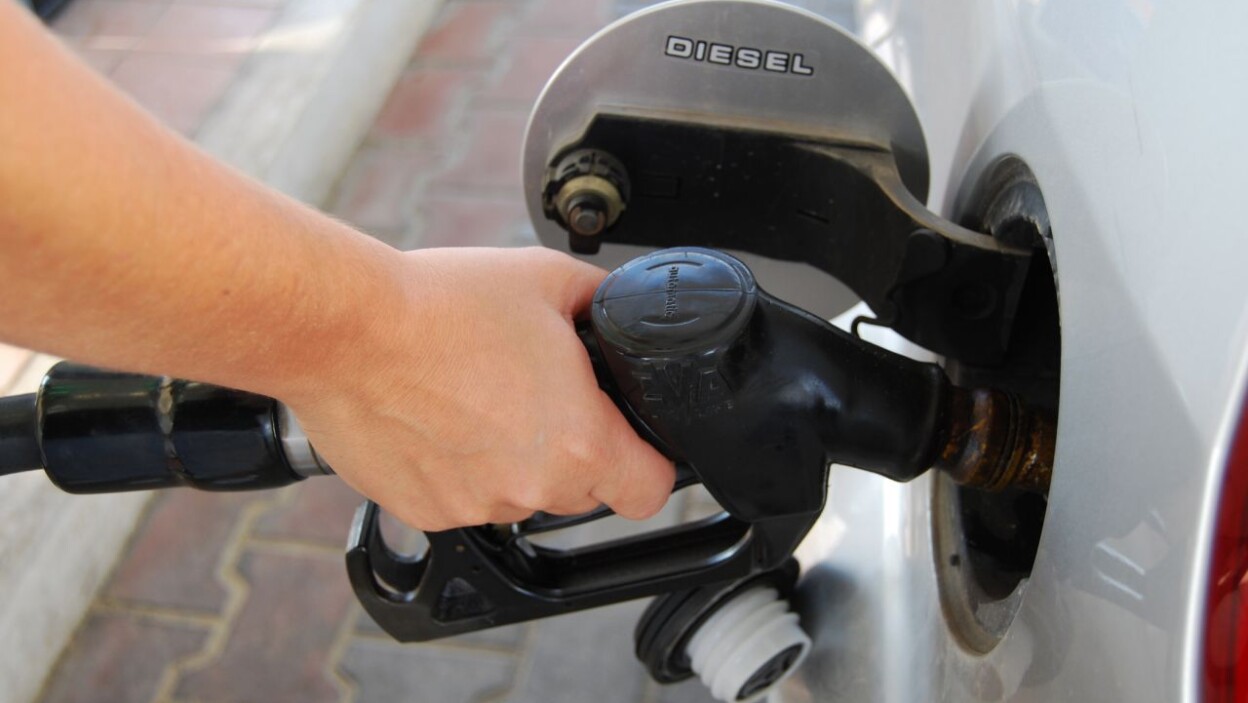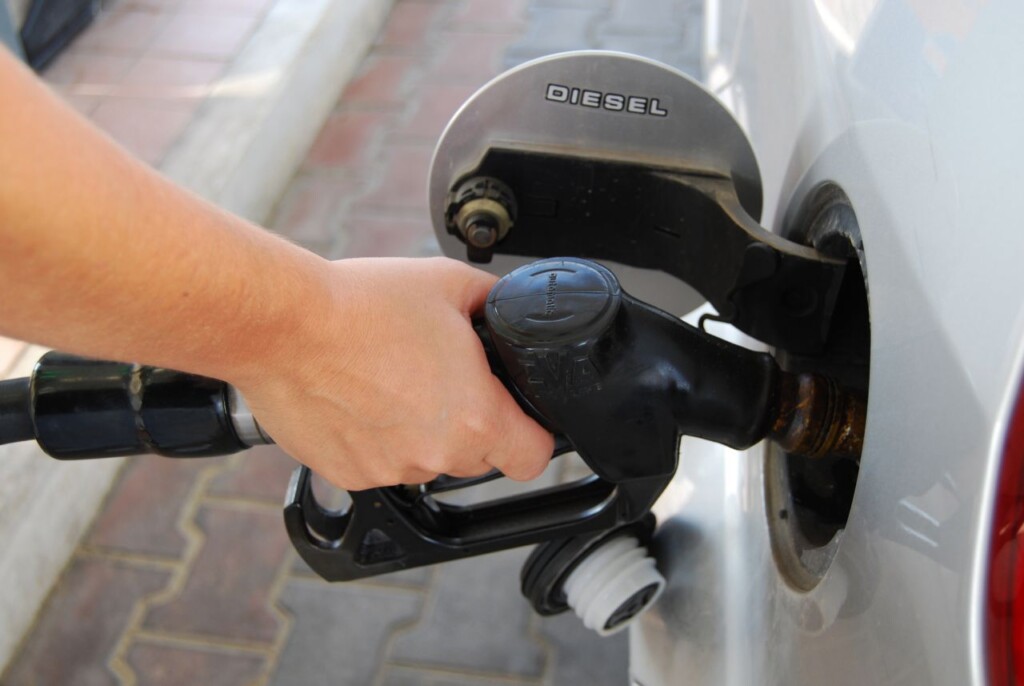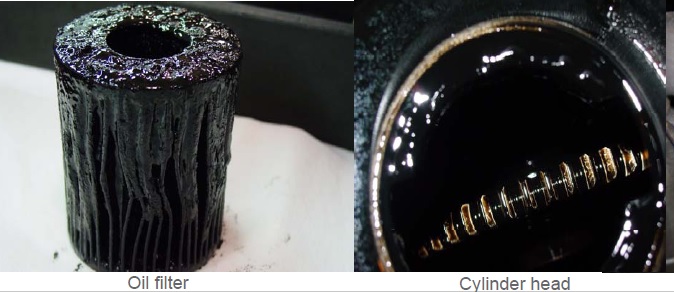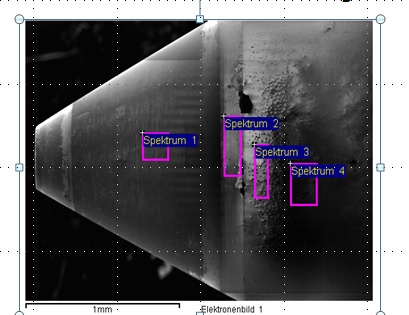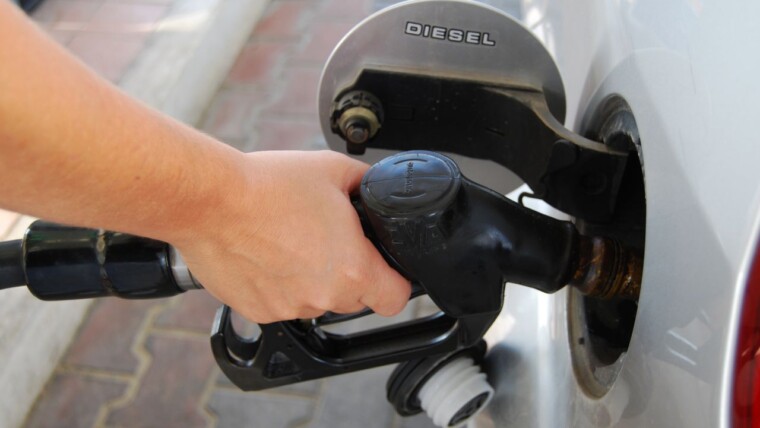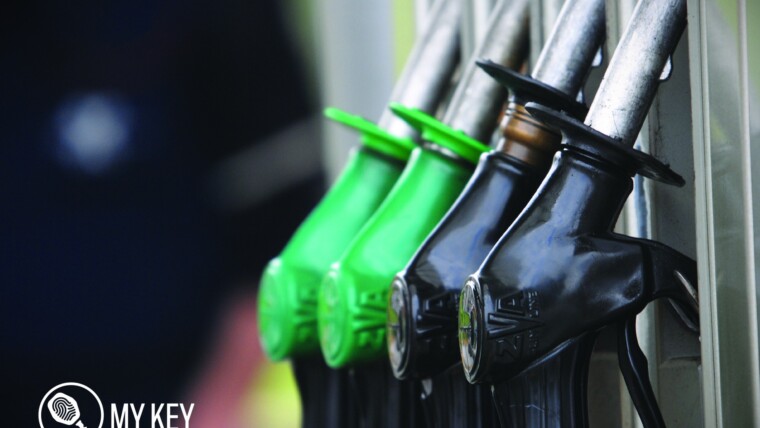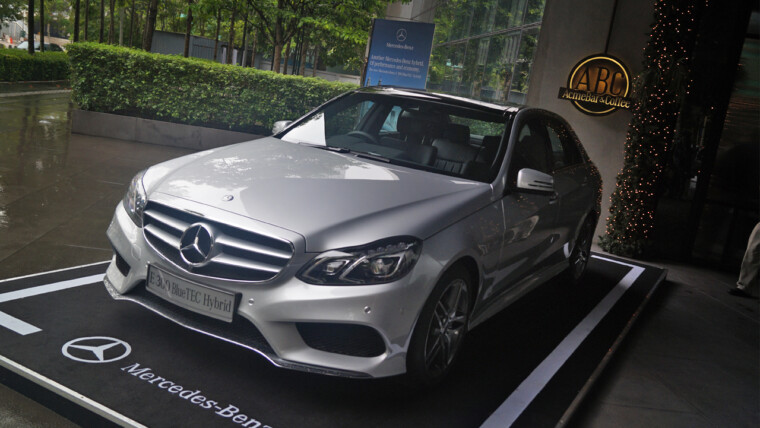The Malaysian government plans to fully implement the B10 biodiesel programme using crude palm oil (CPO) nationwide beginning October this year.
According to Minister of Plantation Industries and Commodities Datuk Amar Douglas Uggah Embas, “We are looking at about one million tonnes of crude palm oil (CPO) usage per year from the B10 biodiesel programme.”
In October last year, the Malaysian government mandated the use of more eco-friendly B7 Biodiesel to replace the B5 Biodisel with the price remaining the same as B5 Biodiesel at RM2.20 per litre.
B10, which mandates a minimum 10% of palm-based biodiesel and 90% diesel, may lend support to palm oil prices that are currently at RM2,344 per tonnne. Apart from that, biodiesel is completely safe, biodegradable, reduces air pollutants associated with vehicle emissions, such as particulate matter, carbon monoxide and hydrocarbon.
However, many diesel passenger vehicles usually have a maximum B7 biodiesel rating written on the fuel cap, so the implementation of B10 biodiesel might cause significant effects on diesel vehicles.
In response to this, BMW Group Malaysia has released a statement that suggests the Ministry of Plantations Industries and Commodities to take into account the feedback and opinion of the Malaysian Automotive Industry before implementing the use of B10 biodiesel.
In the company’s test with B10 Biodiesel worldwide, they have found technical challenges present when blending 10% of palm based methyl ester with the current conventional fuel.
Testing on vehicles have found that Fatty-Acid Methyl Ester (FAME), which boils at high temperatures will move into the motor oil due to the regeneration setting resulting in thinning of the motor oil as it does not evaporate when the engine runs at high temperatures. This in turn leads to oil sludge, reduced lubricity with the risk of severe engine damage.
Further to this, the company has also found the formation of deposit films (picture below) at the injectors due to the lack of compatibility of additives with FAME. Polymer linings at the injector results in the invariance of the injection, as well as reduces the stability of the idling cycle, creating negative emissions and changes the engine acoustics
B10 biodiesel also results in higher levels of water in the fuel, which leads to corrosion of the components, which transport the fuel and promotes oxidation in the tank which causes a blocked fuel filter.
The current modern diesel engines in Malaysia are well suited to run on the B7 levels of biodiesel, however, while biodiesel is introduced with the intention of promoting the use of clean and green technology as well as to increase the domestic use of palm products in the country, the government should also ensure that the technology is safe and proven to also benefit the industrial and the automotive sector.
Other posts by AF Newsdesk

